We recently connected with Peixin Chen and have shared our conversation below.
Peixin, thank you so much for joining us today. Let’s jump right into something we’re really interested in hearing about from you – being the only one in the room. So many of us find ourselves as the only woman in the room, the only immigrant or the only artist in the room, etc. Can you talk to us about how you have learned to be effective and successful in situations where you are the only one in the room like you?
Building a professional image has been essential in both my working environment and personal relationships for me. There have been several instances where I was the only Chinese designer in a Zoom meeting or conference room with team members and clients. On one occasion, a client assumed I didn’t speak English because I wasn’t presenting.
To counter such assumptions, it’s important to raise questions, speak up, and seek presenting opportunities. I always prepare some questions in advance, so when clients ask if there are any further questions, I am always ready. This not only helps build a professional profile but also strengthens personal relationships with clients, showing them they are dealing with a competent designer regardless of race.
Working with companies or clients lacking cultural diversity has also taught me to be clear about my offerings. I make sure not to let assumptions based on my race influence expectations. It’s essential to be explicit about the scope of services to avoid the misconception. Sometimes clients will bring a brief with very limited description, so it’s also a designer’s job to figure out what the budget is without being afraid of missing the opportunity. Being clear about what you are offering is also a way to build a strong professional image.
Overall, building a professional image is something I am and will be continually learning. When you are the only one in the room who looks like you, remember that you are not alone. Everyone has more than one identity; besides being Chinese, I am also a great designer. Showing my professional side, being clear, and speaking up have always helped me succeed, even when I felt like a minority in the group.
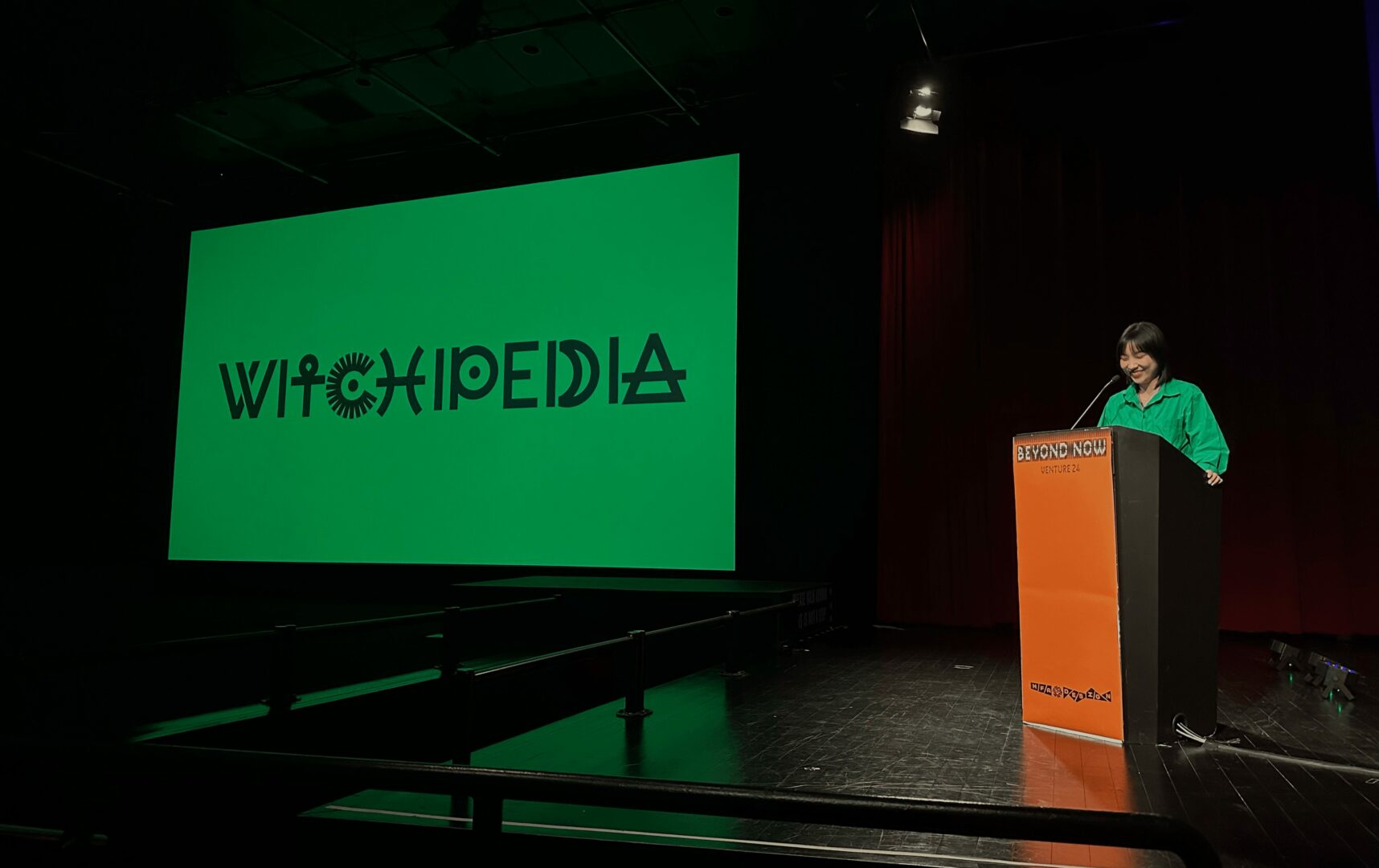
Thanks, so before we move on maybe you can share a bit more about yourself?
My name is Peixin Chen, but I now go by my English name, Peggy. I am a graphic and brand designer based in New York. I love creating graphics and designs that convey or express a message. For me, the most exciting part of the job is using design as a tool to communicate my thoughts to a larger audience.
In addition to creating new things, I am also a tarot card reader. I first started reading tarot cards influenced by my college friends. After getting my own deck and studying more about mysticism, I began to have friends and clients seeking my consultation. What started as free relationship advice for friends has evolved into a serious part-time business where I help clients solve material or spiritual problems.
My most recent work, which is my thesis, focuses on how to start a spiritual journey independently. Drawing from my personal spiritual journey, I saw an opportunity in the market. What began as a trend has become a serious alternative healing method. This realization led to the creation of WitchiPedia. The goal is to help spiritual seekers of all levels connect with practitioners. Aiming not only to educate users about spiritual work but also to cultivate a consistent spiritual practice, ensuring we are always there for their next spiritual adventure.
In my thesis project, I used my graphic design skills to brand WitchiPedia and rebrand spiritual healing. I created a logo design that incorporates the study of symbolism, aiming to redefine the commonly perceived “evil” color green. By introducing the Latin spell “Veriditas,” which means fertility and power from Mother Nature and the earth, I sought to give green, and the concept of spiritual healing, a new, positive understanding.

Looking back, what do you think were the three qualities, skills, or areas of knowledge that were most impactful in your journey? What advice do you have for folks who are early in their journey in terms of how they can best develop or improve on these?
Drawing from my professional and spiritual journey, I believe there are three key qualities I have learned along the way.
First, always think positively because everything has two sides. Whether in your career or spiritual life, maintaining a positive outlook helps you navigate challenges more effectively. Second, make sure to take care of yourself. Self-care is crucial for sustaining both your professional and spiritual well-being. Finally, understand the power of letting go. Don’t become a slave to obsession.
A lot of times, tarot card is the tool that help me figuring out my professional goal and building a solid coping skill.
People often label cards as “good” or “bad.” For example, the Tower and the Devil cards are typically seen as negative, representing destruction—one from external sources and the other from within. However, when you fully understand the archetypes of each card, you realize that each destruction also reveals a new opportunity and beginning. Similarly, what we consider “good” or bright can sometimes mean being blindly happy.
Applying these qualities to my day-to-day living, I find that both clients and myself sometimes face downfalls that make us feel sad and depressed. It’s natural to experience these emotions, but it’s important to remember that emotions are just messages our bodies reflect at that particular moment. We must understand not to hold on to them and let them become a burden.
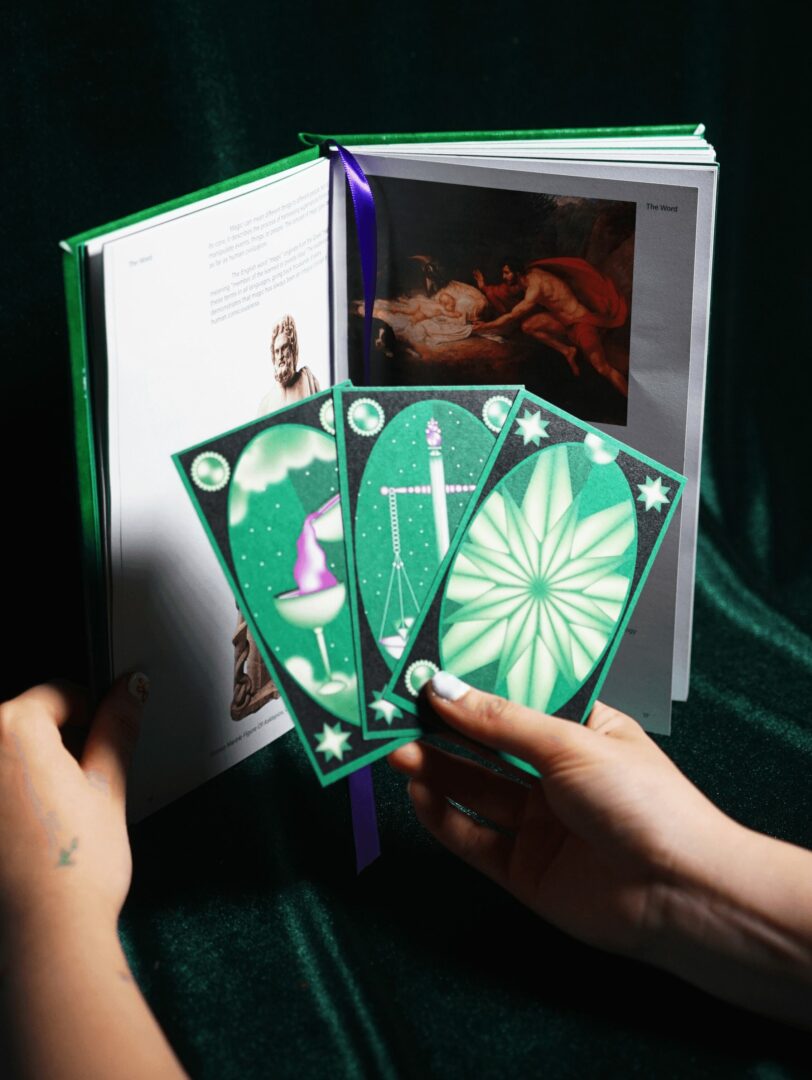
What was the most impactful thing your parents did for you?
My relationship with my parents has really grown over the years, but it has definitely taken time to develop. Looking back, I think the most impactful thing my parents did was sending me to the States for high school when I was 16. Over the years, I have had mixed feelings about this decision, but I believe it opened the door to new ways of thinking.
On one hand, I struggled with language barriers and cultural differences. However, as I mentioned earlier, this experience has given me an open mind about many things and the confidence to embrace change, knowing I can adapt quickly. This mindset is what led me to explore tarot cards and other mystical studies.
Now, I find myself not being the only one in the room anymore, as I have discovered many different identities within myself. Thanks to my parents’ decision ten years ago, I have been able to easily integrate into various communities and groups of people. This journey has allowed me to connect with others who share similar experiences and interests, and it has profoundly shaped who I am today.
Contact Info:
- Website: https://peggychen.work/
- Instagram: https://www.instagram.com/peggychen.design?utm_source=ig_web_button_share_sheet&igsh=ZDNlZDc0MzIxNw==
- Linkedin: https://www.linkedin.com/in/peggy-chen-515632187/
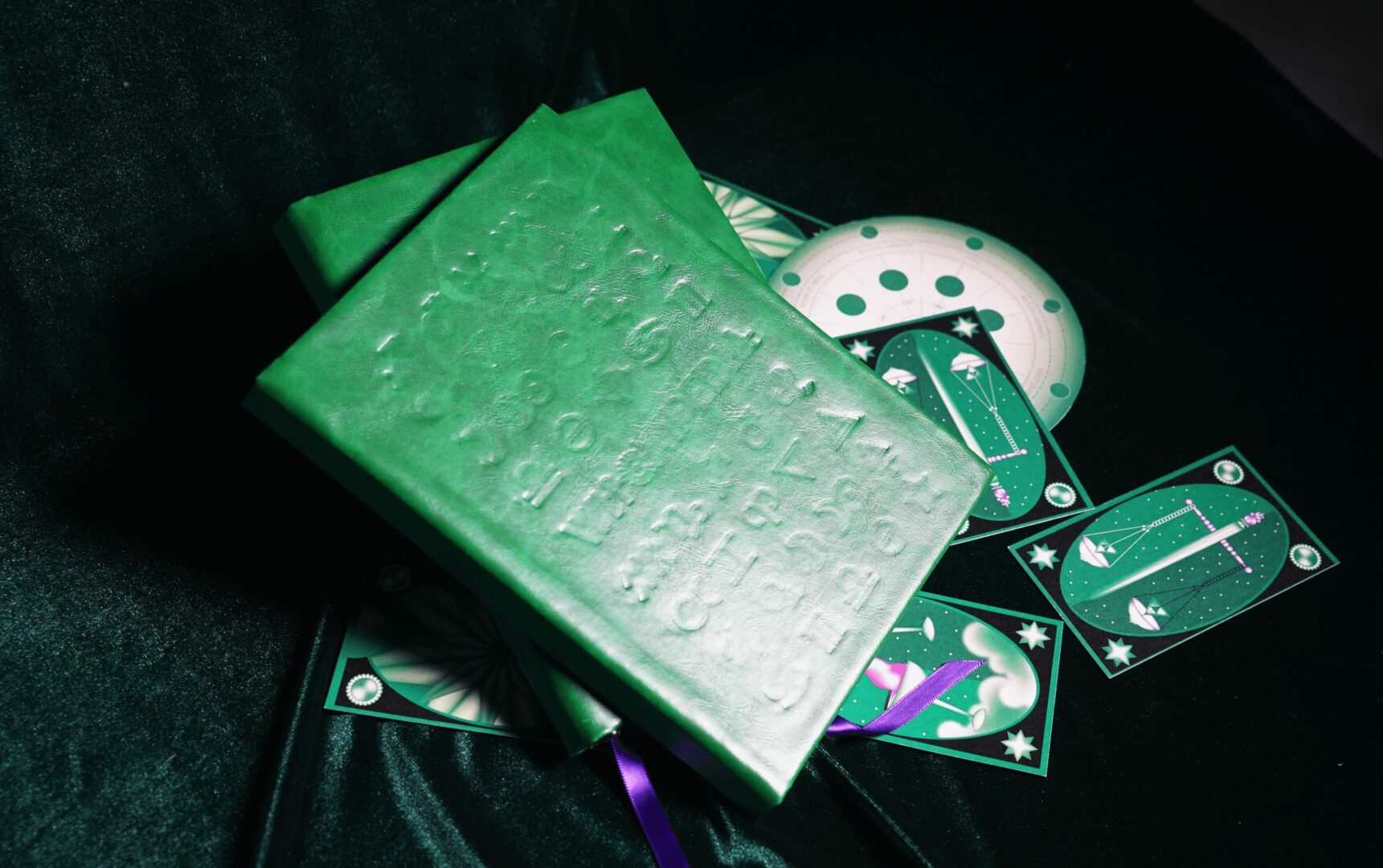

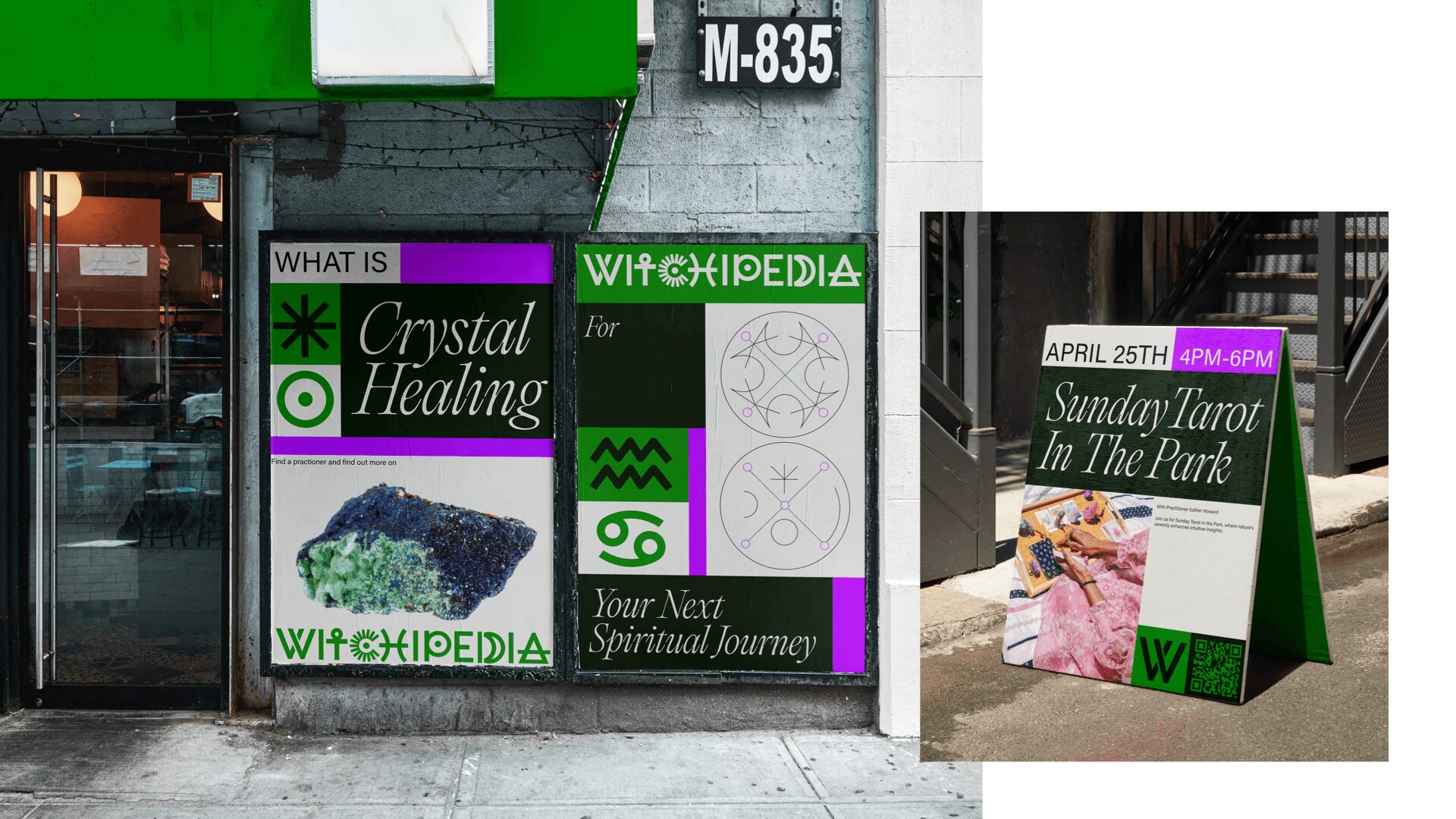
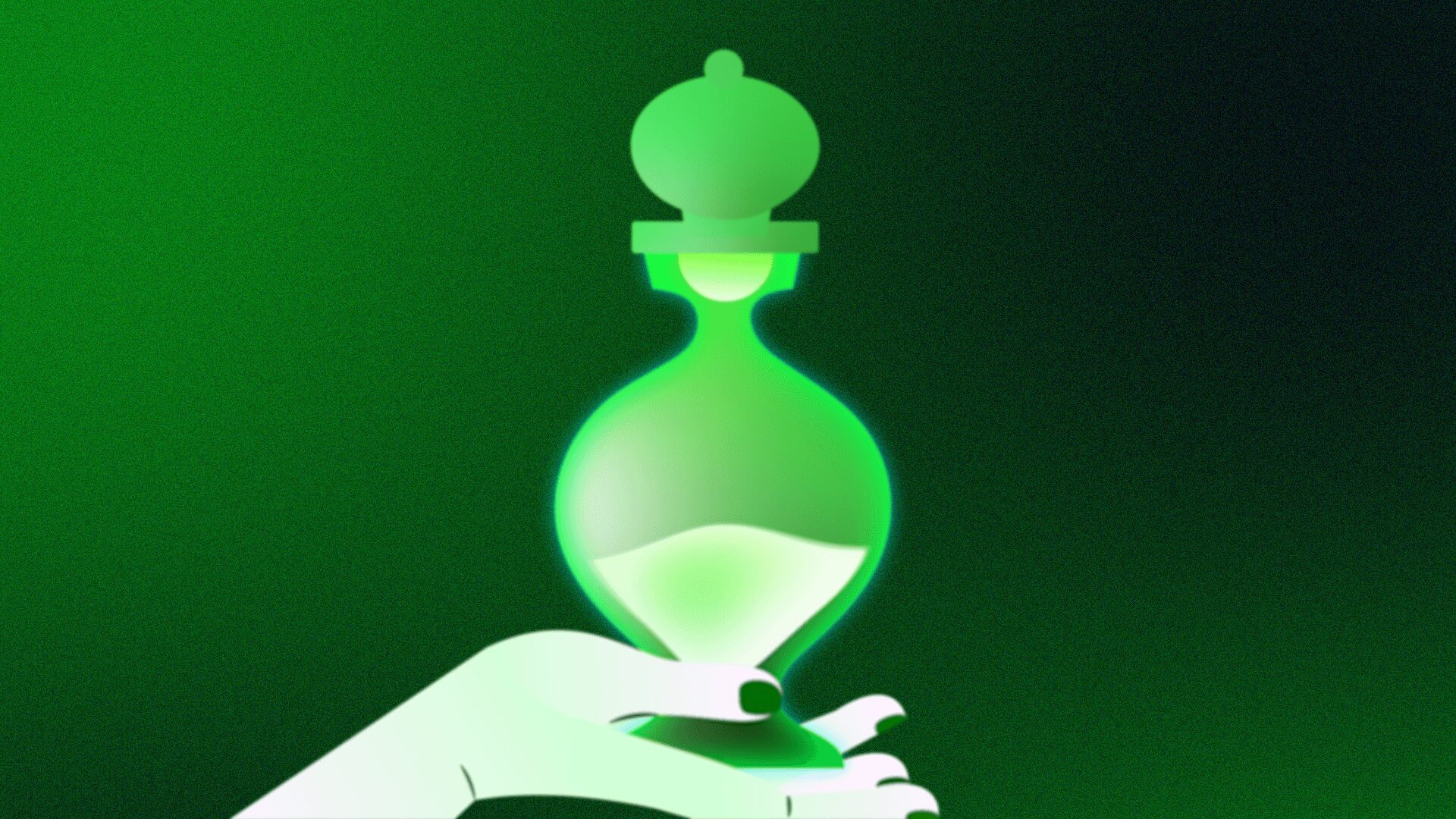
so if you or someone you know deserves recognition please let us know here.




